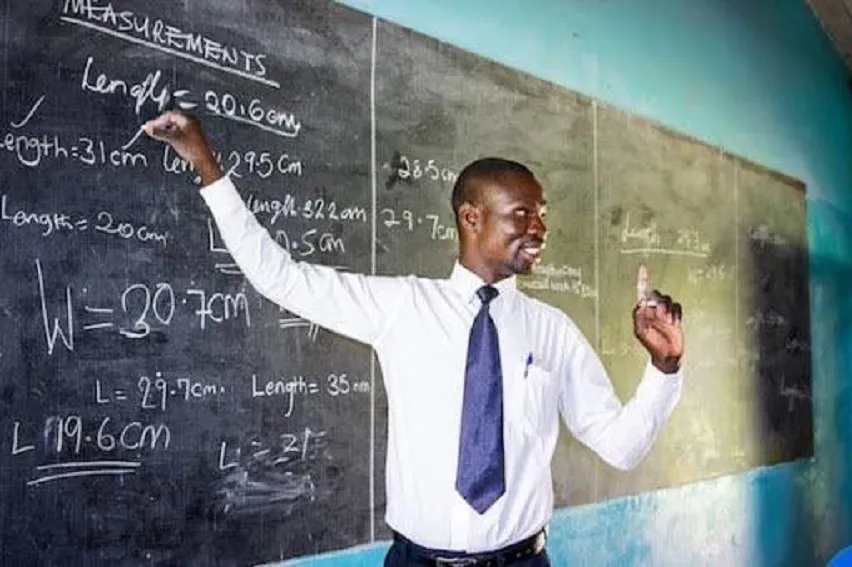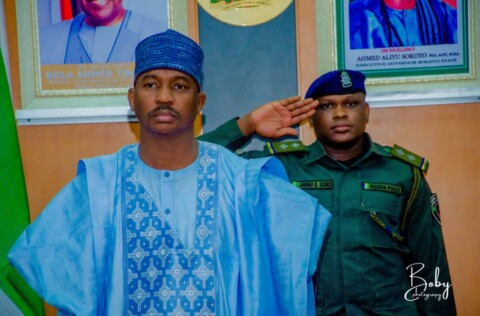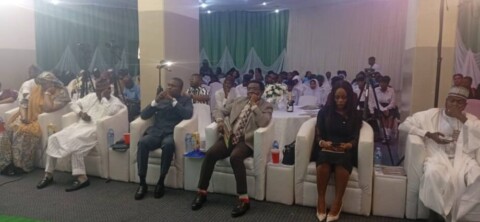Nigeria’s basic education system is facing serious problems, according to Dr. Hamid Bobboyi, the Executive Secretary of the Universal Basic Education Commission (UBEC). At a recent meeting with private sector leaders in Ikeja, Lagos, Dr. Bobboyi shared troubling statistics showing the urgent need for better educational infrastructure in the country.
UBEC‘s findings show that Nigeria lacks 194,876 qualified teachers in basic education. The primary school level is most affected, with only 499,202 teachers available out of the 694,078 needed. The problem is worsened by an uneven distribution of teachers, with a surplus in Early Childhood Care Education (ECCE) and junior secondary schools, mostly in urban areas.
The infrastructure crisis is also alarming. Dr. Bobboyi stated that Nigeria requires 1,107,854 more classrooms to meet current needs, including 907,769 for primary schools and 200,085 for junior secondary schools. Additionally, 40% of existing classrooms are in poor condition, impacting the learning environment nationwide.
Dr. Bobboyi also discussed basic education enrollment in Nigeria, noting that 46,920,422 young Nigerians are currently enrolled. The enrollment is nearly equal between boys (23,858,390) and girls (23,062,032). There are 171,027 schools, with private schools (91,252) outnumbering public ones (79,795).
He raised concerns about the low transition rate from primary to secondary education, partly due to the slow growth of public schools compared to private ones. From 2018 to 2022, the total number of schools increased by 16.9%, but public schools only grew by 3.48%.
Dr. Bobboyi criticized some state governments for neglecting teachers’ professional development, despite receiving designated funds. States receive 10% of UBEC grants for teacher development and 15% for instructional materials, but many do not use these funds properly.
To tackle these issues, Dr. Bobboyi called for more collaboration between the public and private sectors. He stressed that government efforts alone are not enough to provide quality Universal Basic Education. UBEC is urging private entities to invest more in basic education and help address problems like the out-of-school children crisis.
Dr. Folake Olatunji, Director of Basic Education at the Federal Ministry of Education, agreed and thanked the private sector for their support, calling for increased assistance to improve the lives of Nigerian children.
As Nigeria continues to struggle with these educational challenges, the call for private sector involvement highlights the need for a collaborative approach to improve the country’s basic education system. The success of these efforts could have far-reaching implications for Nigeria’s future workforce and economic development.





